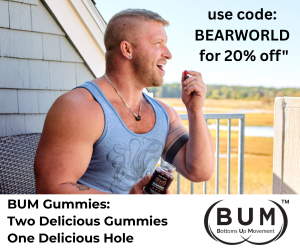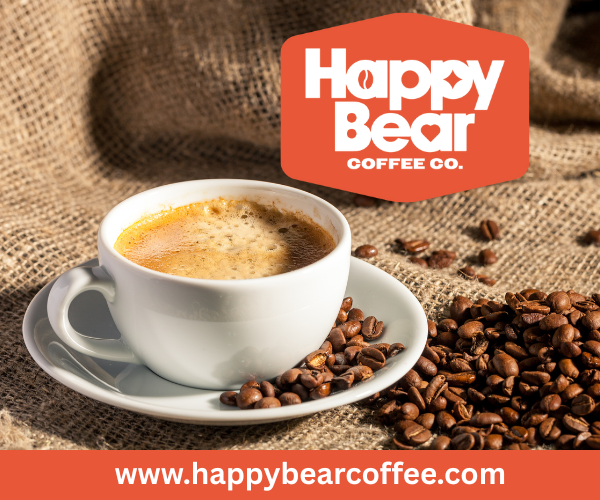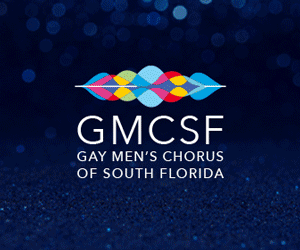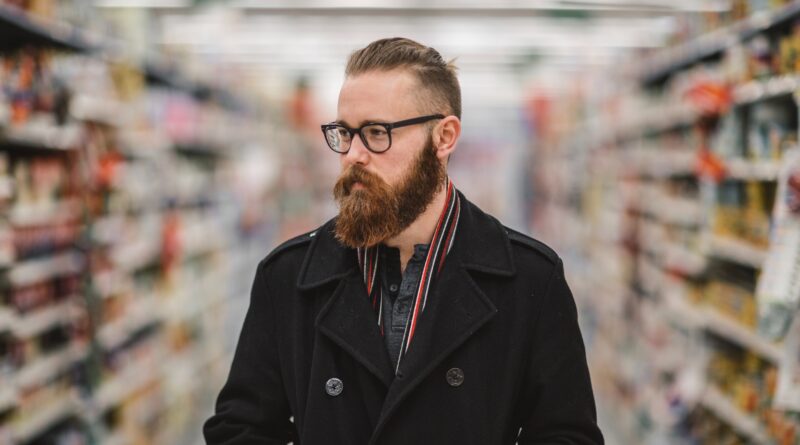
6 Key Vitamins and Minerals For Healthy Beard and Hair Growth
Hello my bearded bear family! Lately, I’ve been asked me how men can maintain healthy hair growth. After doing a little research, and reading a few articles, I’ve come up with my top 6 must-haves to nurture not only your beard, but all the hair on your body.
1. Vitamin A
Appropriate intake of Vitamin A is key to helping nurture the growth and health of cells and tissues throughout the body, especially the scalp. Vitamin A gets delivered to our bodies in two ways: plant and animal sources. Some healthy plant sources are red, yellow, and orange fruits and vegetables, such as carrots, as well as dark green leafy vegetables. Some heavy-hitter animal sources for Vitamin A include liver, fish oil, eggs, and fortified milk.
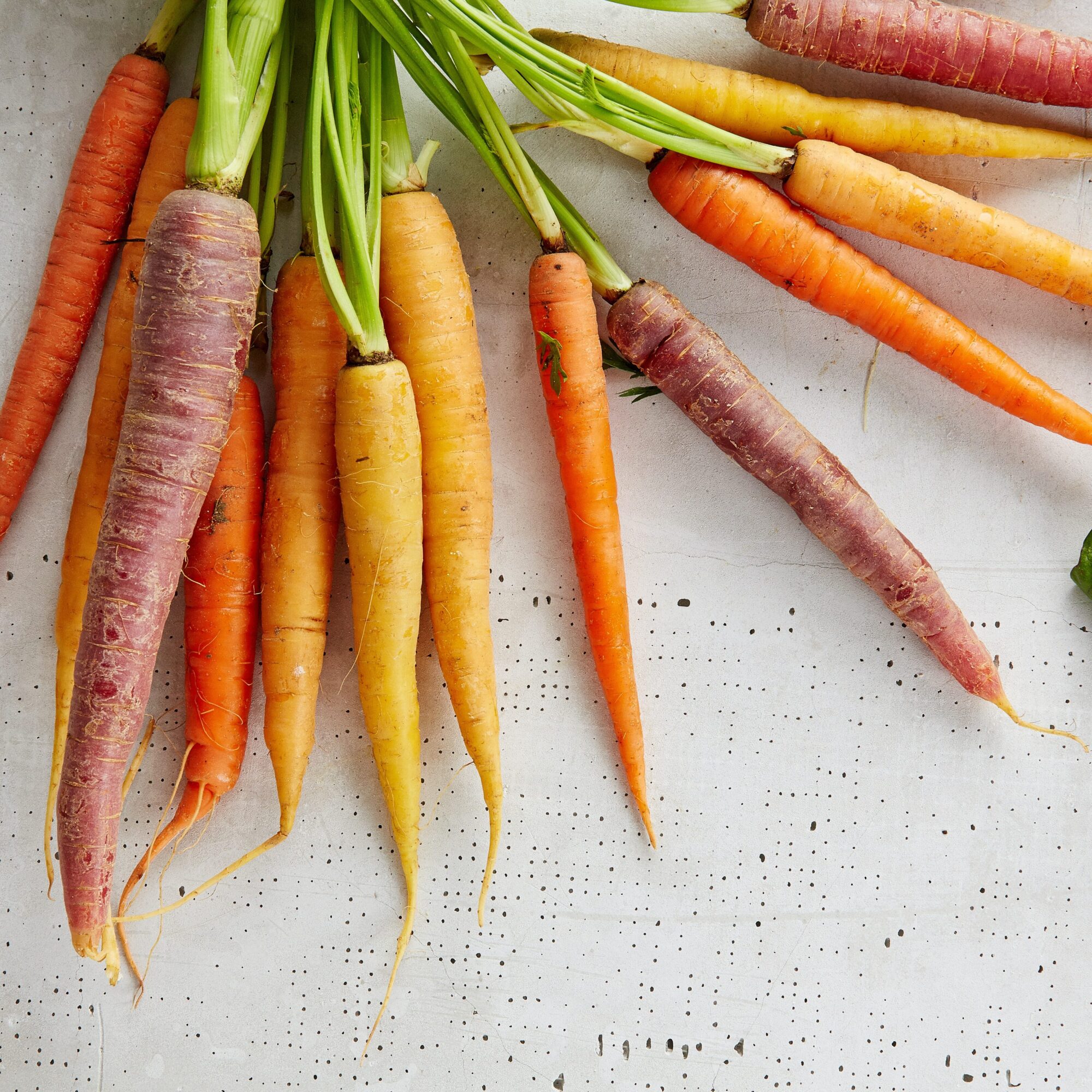
2. Vitamin B6, Vitamin B12, and Folic Acid
These B vitamins are essential to the regular formation of hemoglobin, which transports oxygen from the lungs to tissues in the body, including hair, which depends on a reliable supply of blood and oxygen. Any deficiency of these B vitamins is like cutting off the blood supply to your hair, leading to increased hair loss, damaged hair, and slow regrowth. Great sources of vitamin B6 and B12 are protein-rich foods, such as meat, chicken, fish, eggs, pork, and soybeans. Your best bet for plant-based sources are leafy vegetables, orange juice, avocado, beets, broccoli, wheat germ, and some fortified cereals.
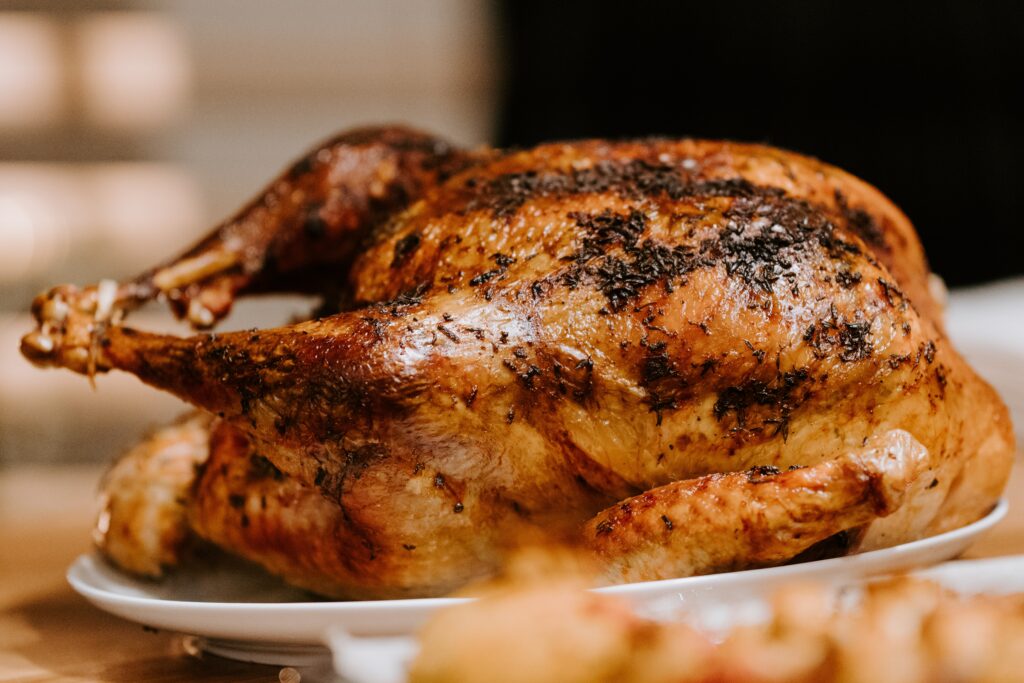
3. Vitamin C
Vitamin C is key to producing collagen, a connective tissue that provides structure by holding tissues in the body together, such as the tissue in hair. The body is not able to store Vitamin C for long periods of time, so trying to stack up on it in an effort to make up for lost time isn’t going to work, since the body uses only what is needed at that time, and flushes out the rest naturally. Instead, make sure you eat plenty of foods containing Vitamin C every day. The best sources of Vitamin C are found in plant sources like oranges, berries, melons, peppers, dark green leafy vegetables, and tomatoes.
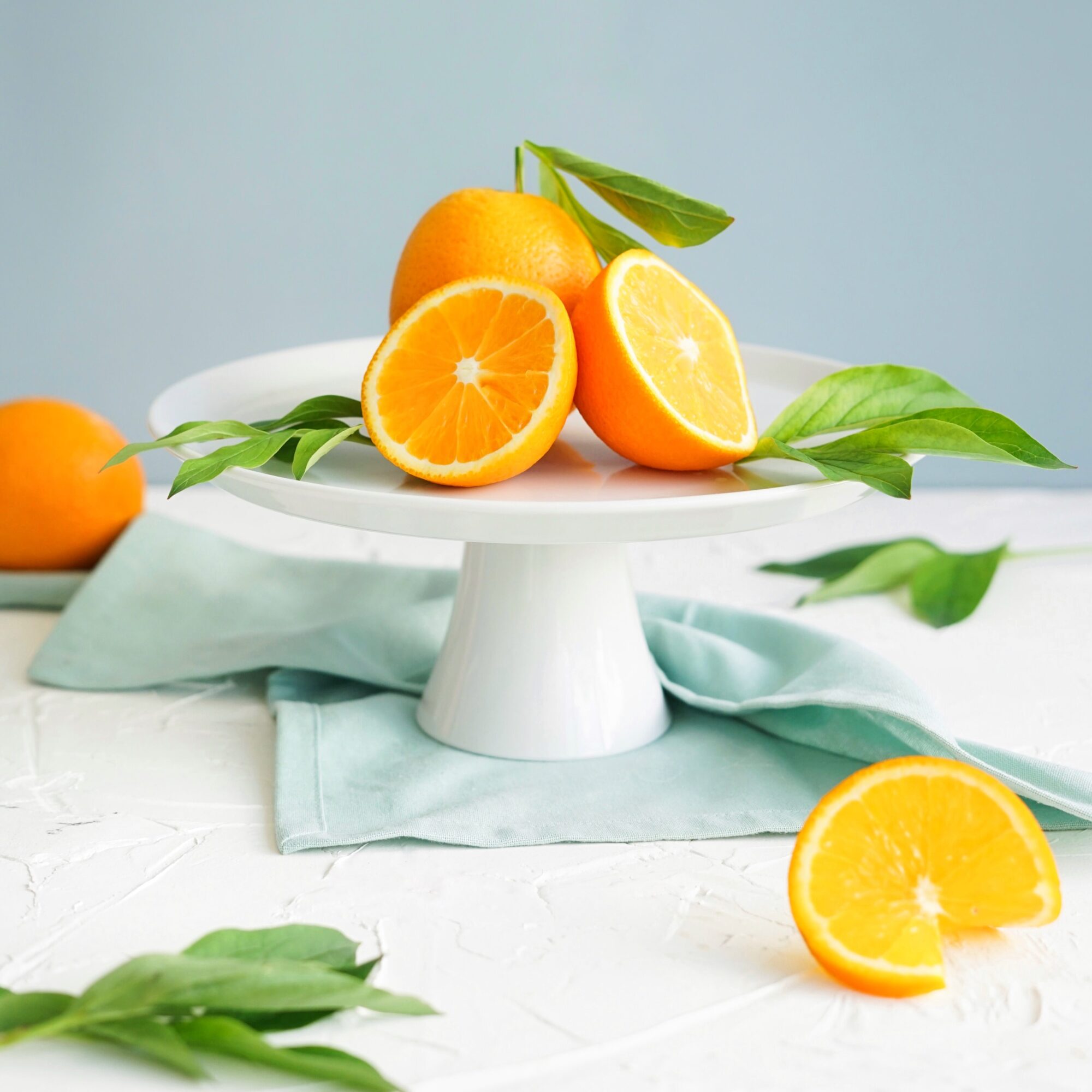
4. Zinc
Dandruff and hair loss are conditions associated with a zinc deficiency. Zinc promotes cell reproduction, tissue growth, and repair. It also functions in the maintenance of the oil-secreting glands attached to our hair follicles. Good sources of zinc include foods of animal origin, like seafood, poultry, mussels, shrimp, and oysters. Eggs and milk also supply zinc but in smaller amounts. Whole-grain products, nuts, seeds, and legumes contain zinc in a form that’s not easily absorbed by the body.
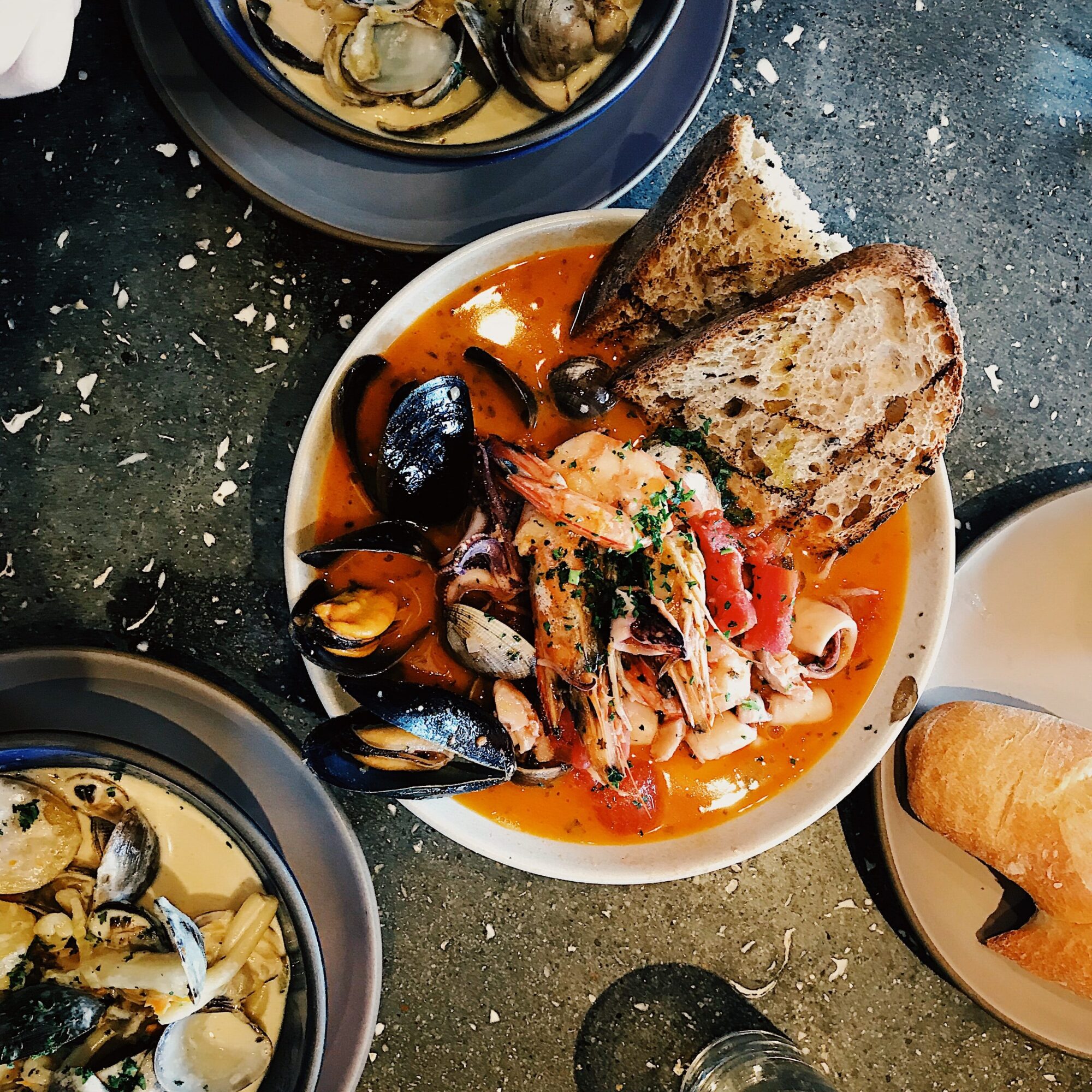
5. Protein
Hair is primarily made of protein, so eating protein-rich foods is essential when trying to maintain healthy growth. Without adequate protein intake, the body can’t efficiently make new hair to replace the hair that’s shed. With that said, eating a steak every day isn’t going to help you. High-fat diets result in increased testosterone levels, which have been linked to hair loss—so stick to leaner proteins such as fish (which has a myriad of health benefits beyond just maintaining your hair), chicken, soy products, low-fat cheese, eggs, almonds, beans, and yogurt.

6. Water
Proper hydration is a rudimentary factor for healthy hair and good health. Every cell and system in your body uses water to function properly, so don’t just wash your hair in it — drink lots of it! You should note that rapid weight loss is another reason for accelerated hair loss. Dropping weight too quickly or fad diets that aren’t nutritionally sound can cause imbalances in the body and result in increased hair loss. So get into that 15.5 cups or 3.7 liters of fluids per day, my handsome, hairy, and burly friends!
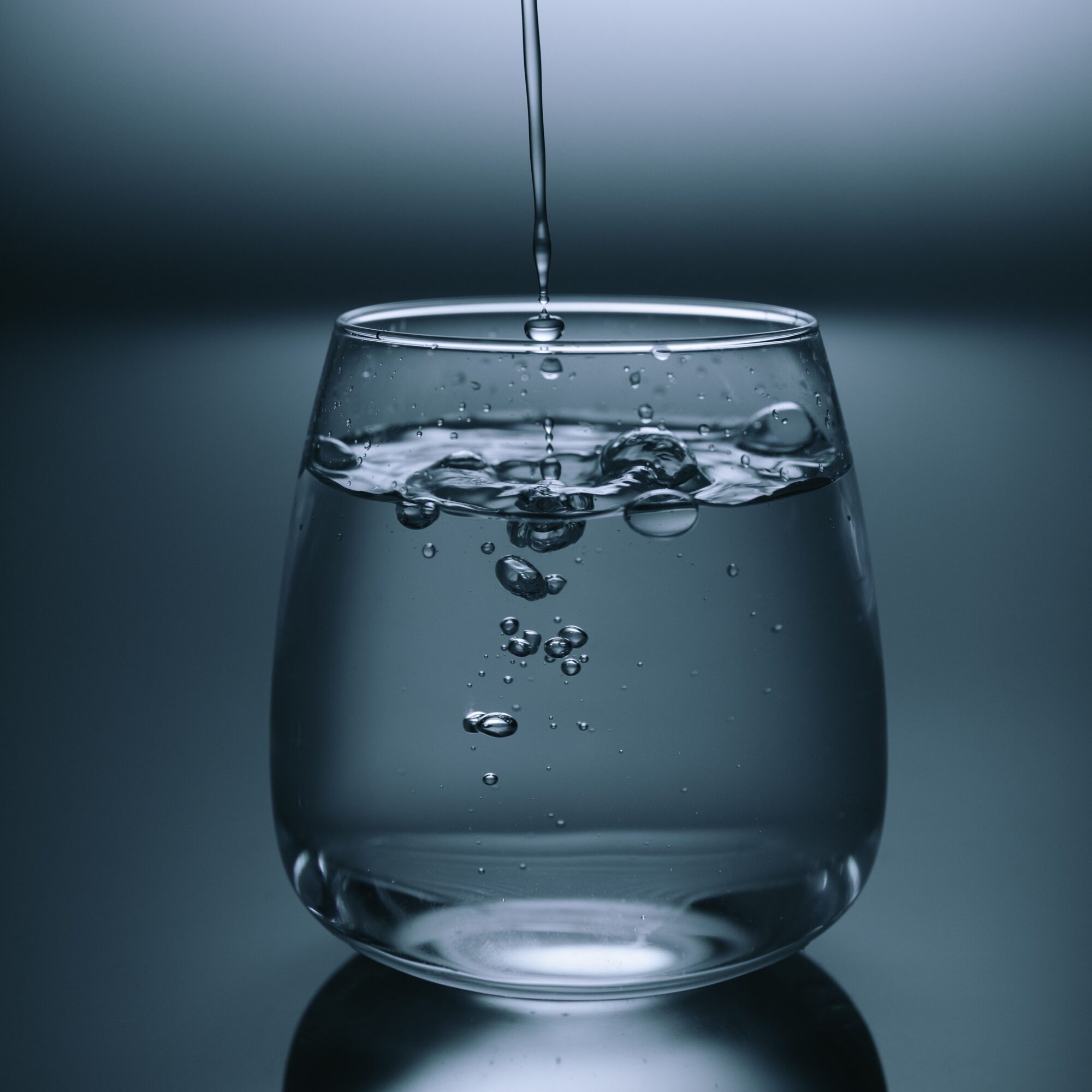
As always… Be bold, be bearded, and be YOU!
This article was written by Shane Michael.
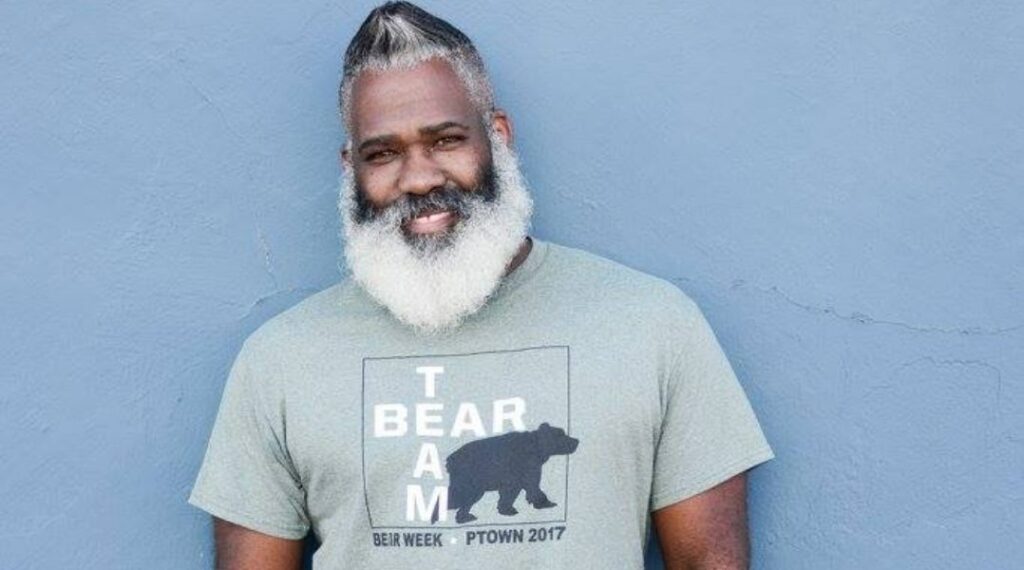
Shane Michael
Shane Michael, from Delaware county PA, is the youngest of three sons, and a twin. He has worked for over 20 years in retail management, and 2008 decided to follow his bliss and head to cosmetology school, receiving award in Salon Business, Productivity, & Leadership. Though his work in salons and membership of the bear community, he began to search for a beard line that could be used by men of all ethnic backgrounds and beard textures. Not finding one that he felt was quite right he decided to create his own and Bear Essential was born.




